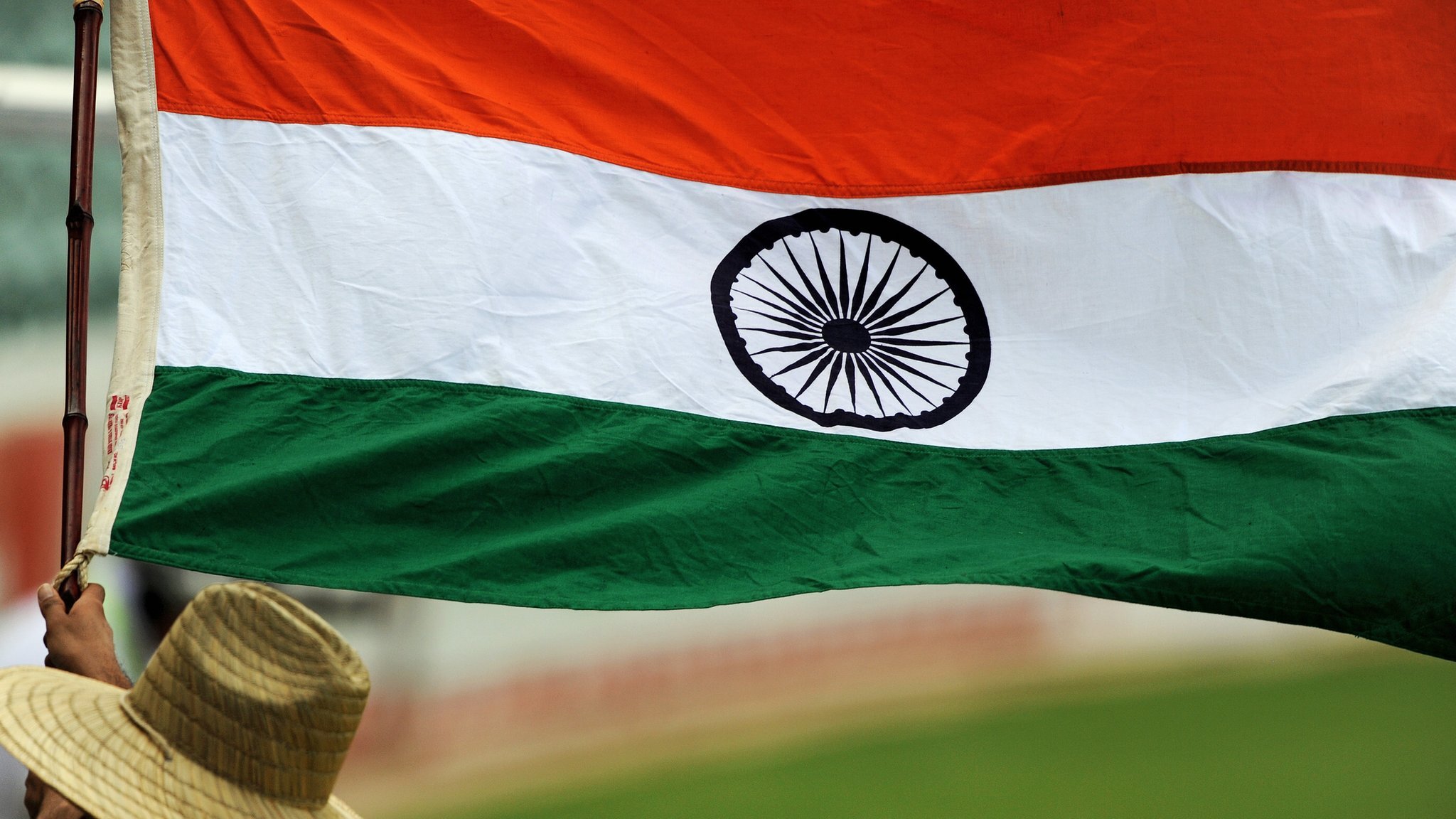Introduction
The collective efforts of Army Battalions have always given the country reasons for exuberance and rejoice. The three military forces, time and again have performed relentlessly at the behest of courageous and valiant soldiers on the battlefield, and consequently have come out as victors. The battalion leaders or captains and numerous daring soldiers have been the anchor of such majestic achievements as they outdid the draining challenges presented before them.
Havildar Abdul Hamid (1965 War Hero)
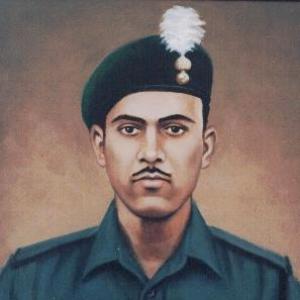
Belonging to the 4 Grenadiers regiment of the Indian Army, Abdul Hamid (PVC) became an overnight hero of the 1965 war. The soldier single-handedly successfully neutralized and destroyed 8 enemy tanks during the India-Pakistan War. On 8th September, Havildar Hamid was on the defense line between the villages of Asal Uttar and Chima. The enemy progressed with a completely efficient and monstrous regiment of Patton Tanks. It is then, that the brave soldier assessed the gravity of the situation and flanked with his gun mounted on the jeep and aimed to takedown the regiment on his own.
The lionhearted soldier with his recoilless gun continued firing until the end of the day and consequently destroyed 2 enemy tanks, rendering another 4 abandoned. His battalion however was continuously under fire and yet the soldier, undaunted by the challenges, destroyed 2 more tanks. In the pursuit of neutralizing more troopers, the hero however was severely wounded by an explosive shell and inevitably succumbed to his grievous injuries. Havildar Abdul Hamid did not live to see the glory of the battalion’s victory the next day, but his legacy and bravery lives on.
Major Ralengnao Bob Khathing (Accession of Tawang 1951)
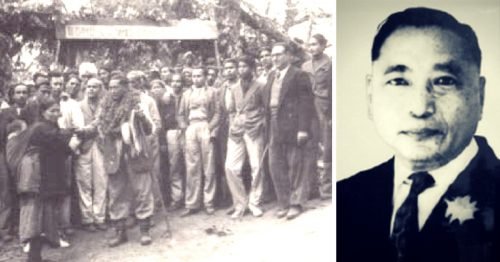
The instrumental efforts of Major Ralenganao Bob Khathing in the contest of acceding Tawang in Arunachal Pradesh and bringing it under the dominion of the Indian Union are truly inspiring. Tawang, before 1951, was although a geographical part of the Indian republic thanks to the Shimla Convention of 1914 but was administered from Lhasa, a city in China. Major Khathing, who was an assistant political officer of the former North-East Frontier Agency (NEFA) and present-day Arunachal Pradesh, carried out an almost impossible task to bring Tawang under the control of the Indian Union. Owing to its intrinsic complexities and inherent convolutions, it was evident that this war did not require guns and goons, rather demanded an exceedingly rich discourse of diplomacy and mediation. The ambitious and audacious aim of bringing Tawang under the direct supervision of the then Assam Governor Jairamdas Daulatram was a daunting task.
The display of impeccable diplomacy coupled with loose talks amongst the local Monpa community allowed Major Khathing to grant orders from the governor Daulatram to march towards Tawang with 200 soldiers of the Assam Rifles and 600 porters on January 17, 1951. According to the historians, when Khathing and his men arrived at the territory of Tawang, he called out for a meeting that included tax officials, senior and authoritative villagers and farmers and explained how India is a sound and functioning democracy and shall not impose unjustified taxes on the community. The local community including the Tax officials took Khathing on his word and soon, with the help of Assam Rifles men, Indian tricolour was hoisted in Tawang and Bhumla area.
Captain Gurbachan Singh Salaria PVC (Congo Ops: 1961)
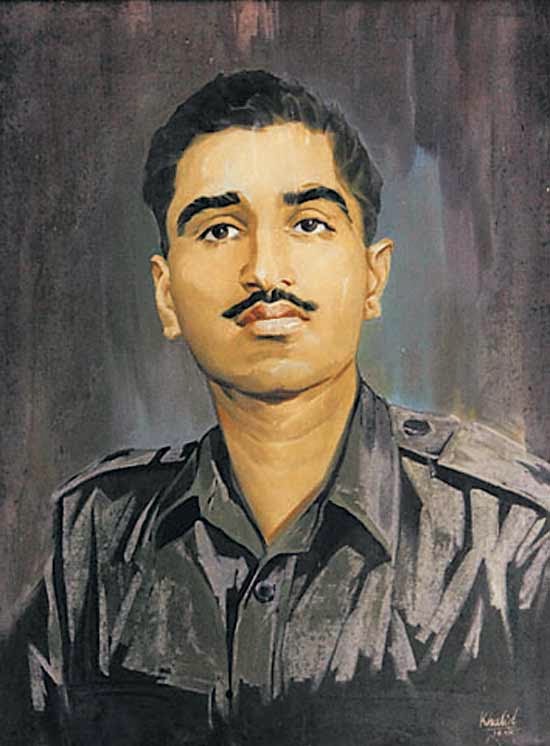
Captain Gurbachan Singh Salaria was an integral part of the Indian contingent for the UN operation in Congo. The operation lasted from July 1960 to June 1964 wherein, the objectives included the prevention of Civil War and withdrawal of Belgian forces and all other foreign military personnel which did not fall under the UN command and mercenaries. To successfully complete the objectives, India sent 99 Infantry Brigade for the operation in March 1961, of which Captain Salaria’s unit was one of them.
On 5th December 1961, Captain Salaria and his unit, 3/1 Gorkha rifles was bestowed with an almost impossible task of removing roadblocks set up by the rebels in Elizabethville in Katanga province, which was the then headquarters of the UN Command. Captain Salaria with his small team of 16 men, attacked the enemy roadblock and established a UN roadblock there. This action brought a strict reaction from the rebels as Captain Salaria’s small platoon of 16 stared down the barrel of a relatively larger, heavily-armored troops of 90 men. Despite meeting a numerically superior enemy, Captain Salaria and his team did not flinch and decided to take them head-on. Living his personal motto of “Better to die than to be a coward”, Captain Salaria fought the rebels ferociously and was able to eliminate most of them. However, the heavy exchange between the two platoons, injured Captain Salaria by a gunshot inflicted at his neck and fell down. Disintegrated by the leader falling, the whole platoon eventually lost the battle and all of them were martyred. Later, Capt Gurbachan Singh Salaria was awarded with the Nation’s highest gallantry award, “Param Vir Chakra’ for his undying courage and valour.
Squadron Leader Ajay Ahuja (Kargil War 1999)
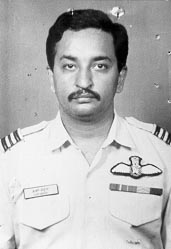
The brave Indian Air Force officer, Squadron Leader Ajay Ahuja was one of the many lead anchors during the Kargil War. It is however surprising that when the Kargil war broke out, Ahuja was just acclimatizing to his new post of commanding the 17 Squadron. He was flying an Mig-21 at the time of the war, when his plane was shot by the Pakistani Army with a shoulder-fired FIM-92 Stinger surface-to-air missile.
Assessing the situation, Ahuja made the radio call stating that a possible missile has hit his plane and it cannot be ruled out. He ejected out of the plane but unfortunately landed in the Pakistani Territory. He was then shot and mutilated by the Pakistani Troops as when the body was handed back to India, the autopsy revealed multiple puncture wounds over his left and right thighs, rupture of the right lung, injury to his neck, small intestine and liver, suggesting torture.
Ahuja died on 27th May 1999, just five days after his 36th birthday. The brave soldier was later awarded a Vir Chakra for his valiant efforts.
Commodore Kasargod Patnashetti Gopal Rao (Bangladesh Liberation War 1971)

A war veteran, specialist in Gunnery and a recipient of second-highest military honor ‘Mahavir Chakra’ KP Gopal Rao breathed his last on 9th August 2021. KP Gopal Rao played a very instrumental role in the Bangladesh Liberation war. Commissioned in the Indian Navy in April 1950, Rao was a prominent member of the Navy Foundation.
During the war, Rao was appointed as the Commanding Officer of INS Khaitan and on the eventful night of 4-5th December, he led his team deep into the enemy waters and bombarded the Karachi Port, setting fire to the oil canisters and other installations. His naval convoy further sank two destroyers and a minesweeper without flinching the unstopped firing from the enemy.
This act provided a window to both air and foot soldiers to attack from all the fronts and eventually emerge as triumphs.
This operational victory, anchored by the Navy, is celebrated as Navy Day on December 4th.
There are innumerable instances where the unilateral efforts of some Indian Soldiers have single-handedly changed the course of large mutinies and battles. The valiant efforts of such Indian soldiers shall always be remembered.

